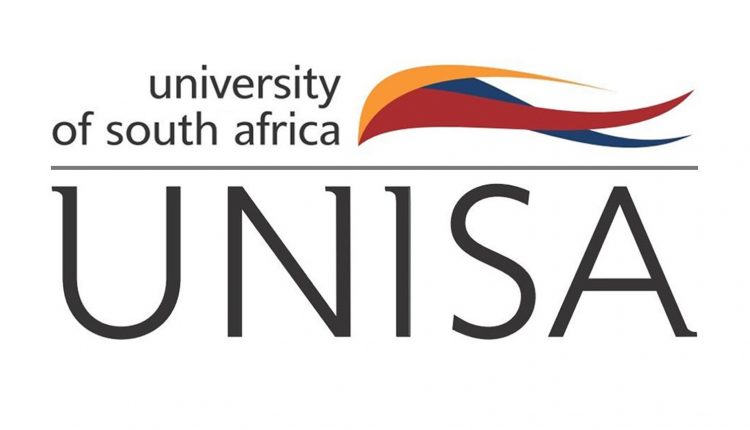University of South Africa: Continental free trade unpacked at Lesotho Alumni Chapter gathering
The audience comprised not only stalwarts of the Lesotho alumni community, but also a large group of potential students who wanted to obtain information on the university and its programmes. Many of the graduates present expressed their interest in becoming lifelong learners and furthering their studies at Unisa.
Lerato Khomari, convenor of the Lesotho Chapter, warmly welcomed the group to its first physical meeting in more than two years owing to the Covid-19 pandemic. The chapter had planned various projects before the pandemic, but most of these had to be placed on hold early in 2020. Under Khomari’s leadership, the chapter has undertaken to reignite these projects to enable Unisa alumni in Lesotho to reach out to those who are less fortunate.
The guest speaker at the event was Thabo Qhesi, CEO of the Private Sector Foundation of Lesotho. Qhesi boasts an illustrious career that includes board membership of the Business Council of the SADC and project coordination for the World Economic Forum. His presentation was entitled “The Impact of an African Continental Free Trade Area on Emerging Economies: A Case Study of Lesotho”.
Qhesi drew a direct line between trade and job creation. “Countries open to international trade grow faster,” he said. “Ultimately, this benefits the lower-income households and creates job opportunities.”
Africa’s share of global trade has proved to be insignificant in comparison to those of other continents and countries. In 1970, African international trade amounted to 4,6% of global international trade. This figure decreased to a mere 3% in 2020. Contributing to these unfortunate statistics is the fact that Africa’s exports mainly consist of raw materials. Lesotho’s biggest export product is diamonds. The country currently has no industries that can process diamonds. Therefore, raw diamonds are exported to countries like Belgium, the United States and Switzerland. “We are exporting jobs,” Qhesi commented.
Qhesi went on to list a number of barriers that currently limit African continental free trade, including a lack of economic diversity, border issues, conflicts in African states, poor infrastructure and transportation costs. “Trading among African countries is very expensive,” he said.
In closing, Qhesi invited alumni to become part of initiatives to advance trade in Lesotho and on the continent. “Alumni must start doing research that will benefit the country and the continent,” he concluded. “Their research must be implementable.”
In his address, the Acting Director of the Unisa Foundation and Alumni Relations, Frankie Mojapelo, took the opportunity to invite alumni to strengthen relationships, partnerships and networking with Unisa. He invited alumni to join the university in celebrating its 150th anniversary in 2023. “Our alumni have critical skills that enable them to assist not only in the continuous growth of the university, but also in addressing the unique challenges that Africa faces,” he said. He reiterated that Unisa’s alumni have unique insights into the culture of the university, as well as a clear perspective on the needs of individuals who are far removed from their alma mater. In closing, Mojapelo said that the university is proud of its alumni across the globe, and that this group’s sense of community and contributions are pivotal to the future of Unisa.

